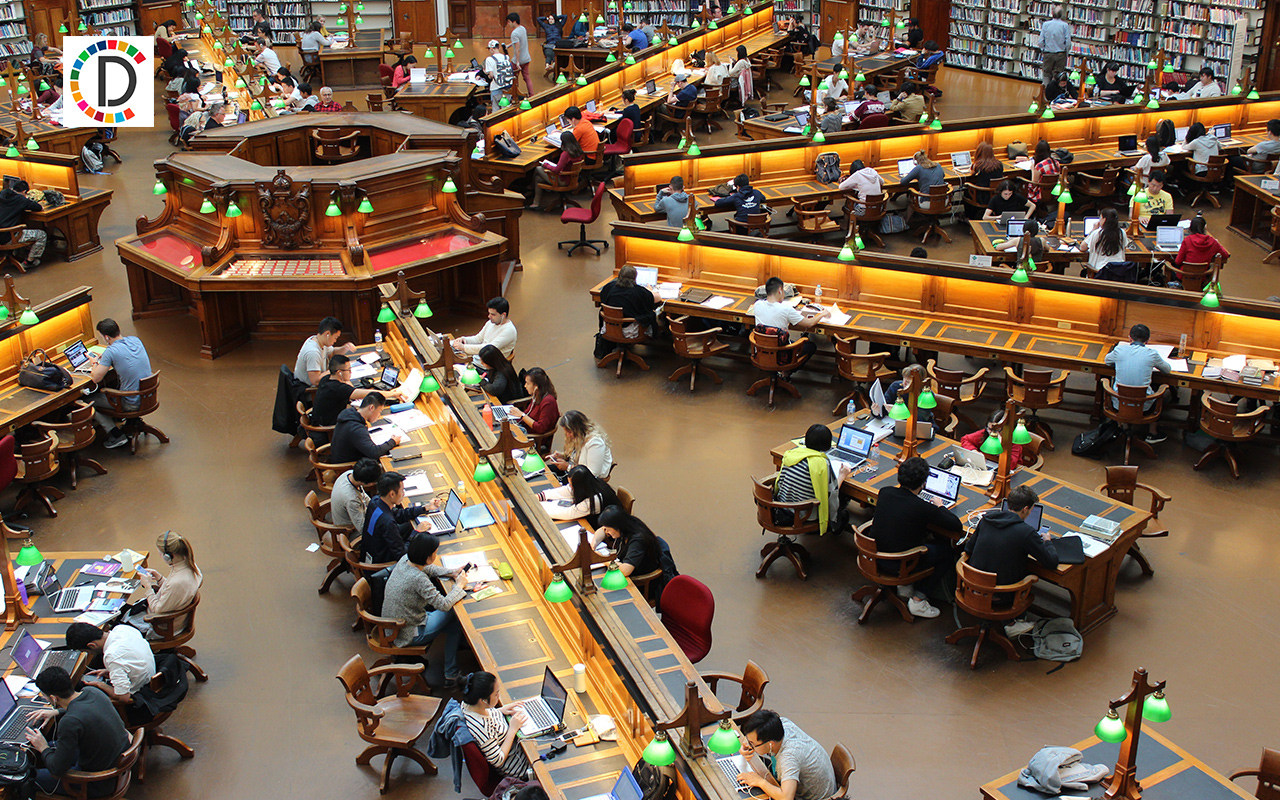Unlocking Potential: How Spatial Play Enhances Children's Mathematical Skills
Geometry is essential in understanding space and spatial thinking, vital for mathematics success, is underrepresented in schools. Enhancing children's spatial skills through play, such as using jigsaws and construction sets, can improve math performance. Parents can use spatial language in play to support their children's development.

- Country:
- Canada
Surrey Surrey, Jan 8 (The Conversation) - Geometry, a fundamental mathematics branch, offers insights into understanding 2D and 3D spaces, influencing daily tasks like wrapping gifts or reading graphs. Despite England's children excelling in mathematics, their geometry scores notably lag behind.
Research suggests enhancing spatial skills through engaging activities such as jigsaw puzzles and construction kits could bridge this gap. Spatial thinking, though key to mathematical prowess, isn't prioritized in classrooms dominated by numerical focus, despite evidence linking strong spatial skills to math excellence.
Parents can aid in developing these skills at home through spatial play and language. Utilizing toys with pictorial instructions and discussing spatial concepts like scaling foster essential skills, potentially benefiting children's future mathematical and academic success. (The Conversation) AMS
(With inputs from agencies.)
ALSO READ
Arunish Chawla named revenue secretary, Manipur CS Vineet Joshi to be higher education secretary
Two99: Revolutionizing Education Marketing with AI
The Learning Space: Revolutionizing Early Education in Noida
The Learning Space: Redefining Early Childhood Education
Arcil Empowers Rural Education with Key Infrastructure Projects










